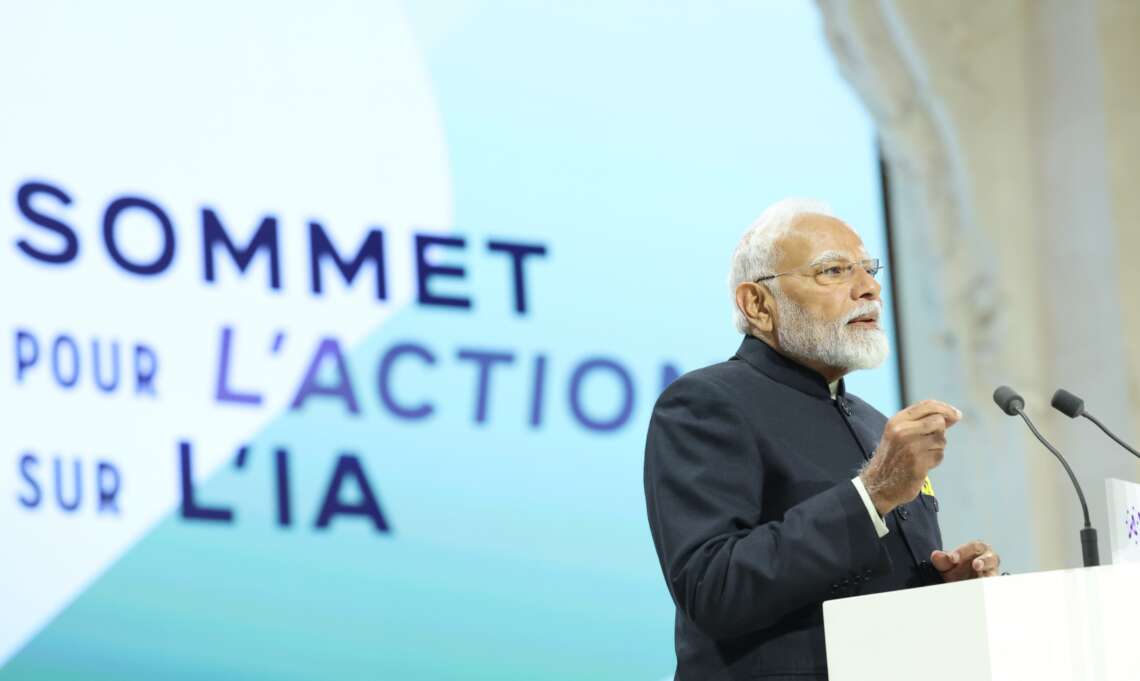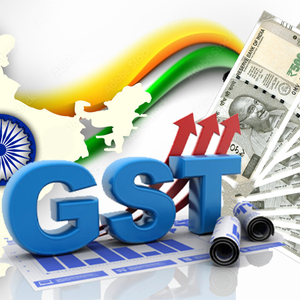One of the significant shifts in India’s tax policy occurred in 2017-18 when corporate tax rates were reduced and many deductions were removed
India is on the brink of a major tax reform with the introduction of the Income-Tax Bill 2025, which aims to overhaul the country’s complex tax system and create a more transparent, efficient, and business-friendly environment. Set to be tabled in Parliament on Thursday, the proposed bill seeks to replace the outdated Income Tax Act, 1961, which has grown increasingly convoluted due to numerous amendments, court rulings, and exemptions over the years. While these changes were made with good intentions, they resulted in a tax code that became difficult to understand, leading to higher litigation, increased compliance costs, and confusion for taxpayers.
The Income-Tax Bill 2025 proposes significant changes, including reducing the number of sections in the code by almost half—from 819 to 536—and cutting the total word count from 500,000 to 250,000. This will eliminate redundant exemptions and simplify the tax framework.
One of the significant shifts in India’s tax policy occurred in 2017-18 when corporate tax rates were reduced and many deductions were removed. This made the system fairer, especially benefiting small businesses that had previously struggled with the complexity of tax rules. The new bill builds on this by further eliminating unnecessary tax incentives and aiming for a simpler, more equitable tax structure. The goal is to ensure that all taxpayers contribute their fair share without relying on loopholes, thereby strengthening the country’s tax base and ensuring long-term revenue stability.
In line with global best practices, the bill also aims to bring India’s tax system closer to international standards, which is expected to boost investor confidence and attract more foreign businesses. A streamlined, transparent tax system is seen as a key factor in making India a more attractive destination for investment and economic growth.
A notable feature of the Income-Tax Bill 2025 is its focus on technology-driven tax compliance. With advancements in digital tools, the bill seeks to automate tax filing and introduce AI-driven assessments, making tax administration more efficient and reducing the potential for evasion. The bill also includes user-friendly tables, examples, and formulas to make tax provisions clearer and easier for individuals and businesses to understand.
By simplifying the tax laws, the Income-Tax Bill 2025 will allow businesses to focus on growth and investment rather than spending time on complicated tax planning. The combination of lower tax rates and clearer regulations is expected to create a more business-friendly environment, driving India’s economic expansion.
Direct Tax Collection Soars 15%
India’s net direct tax collection has risen by 14.69% to over Rs 17.78 lakh crore as of February 10, 2025, according to data from the Central Board of Direct Taxes (CBDT). This marks a significant increase from Rs 15.51 lakh crore during the same period in 2023-24.
The gross direct tax revenue grew by 19.06% to Rs 21.88 lakh crore, with personal income tax collections surging by 21% to Rs 9.48 lakh crore. Corporate tax revenue rose by 6% to Rs 7.78 lakh crore. Additionally, Securities Transaction Tax (STT) saw a 65% jump, reaching Rs 49,201 crore.
The surge in tax collections reflects robust economic growth, rising corporate profits, and increasing incomes, strengthening the government’s fiscal position and enabling investments in infrastructure and welfare programs.











